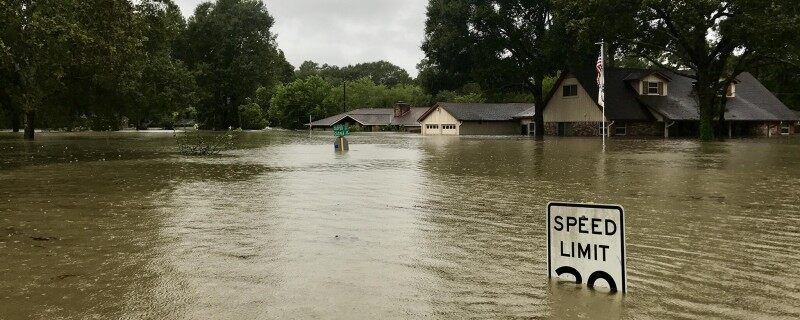

Floods can be devastating natural disasters, causing immense damage to homes, and infrastructure, and even claiming lives. While we may not be able to prevent floods from occurring, we can certainly take proactive steps to prepare ourselves and minimize the impact. In this blog, we will guide you through essential tips on how to prepare for a flood, ensuring the safety and well-being of you and your loved ones. Additionally, we will highlight the importance of investing in a home backup power system as part of your flood preparedness plan.
1. Stay Informed:
The first step in flood preparedness is to stay informed about the risk of flooding in your area. Monitor local news, weather forecasts, or emergency alerts to be aware of any flood warnings or watches issued by local authorities. Familiarize yourself with the different flood warning levels and understand their implications.
2. Create an Emergency Plan:
Developing a comprehensive emergency plan is crucial to ensure everyone in your household knows what to do in the event of a flood. Identify evacuation routes, establish a safe meeting point, and designate responsibilities for each family member. Practice the plan regularly to ensure everyone is familiar with the procedures.
3. Prepare an Emergency Kit:
Put together a well-stocked emergency kit that can sustain you and your family for at least three days. Include essential items such as non-perishable food, drinking water, medication, flashlights, batteries, a first aid kit, a battery-powered radio, important documents, and cash. Keep the kit in a waterproof container in an easily accessible location.
4. Safeguard Your Home:
Take preventive measures to safeguard your home against potential flood damage. Install check valves to prevent water from backing up into your drains, elevate electrical switches, sockets, and appliances above the expected flood level, and consider installing flood-resistant barriers or sandbags around vulnerable areas. Ensure your gutters and downspouts are clear of debris to allow proper water drainage.
5. Invest in a Home Backup Power System:
During a flood, power outages are common and can leave you without electricity for an extended period. To ensure you have a reliable source of power, consider investing in a home backup power system, such as a generator. Generators can provide electricity to essential appliances, keep your sump pump operational, and power medical equipment if needed. Make sure you follow safety guidelines and have a professional install the system to avoid any hazards.

6. Secure Important Documents:
Gather and secure important documents such as identification papers, insurance policies, medical records, and property deeds in a waterproof and portable container. Consider making digital copies and store them in a secure cloud storage service or on a password-protected USB drive.
7. Review Insurance Coverage:
Regularly review your insurance policies to ensure they adequately cover flood damage. Standard homeowner's insurance policies often do not include flood coverage, so consider purchasing flood insurance separately. Consult with your insurance provider to understand the specifics of your coverage and any additional steps you may need to take.
8. Stay Connected with Neighbors:
Building a strong community network can be invaluable during a flood. Get to know your neighbors and establish communication channels to share information, offer assistance, or seek help if needed. Collaborating with neighbors can enhance your collective preparedness and response efforts.
Preparing for a flood may seem overwhelming, but taking these proactive steps, including investing in a home backup power system, can significantly reduce the impact and keep you and your loved ones safe. Remember, the key is to stay informed, create a plan, assemble an emergency kit, safeguard your home, secure important documents, review insurance coverage, and foster a sense of community. By following these guidelines, you can face a flood with confidence and resilience. Stay safe!
Email cannot be empty
Password cannot be empty
Email format error
Email cannot be empty
Email already exists
6-20 characters(letters plus numbers only)
The password is inconsistent
Email format error
Email cannot be empty
Email does not exist
6-20 characters(letters plus numbers only)
The password is inconsistent